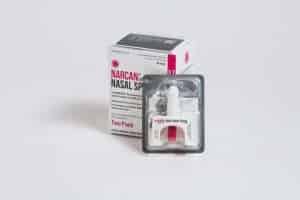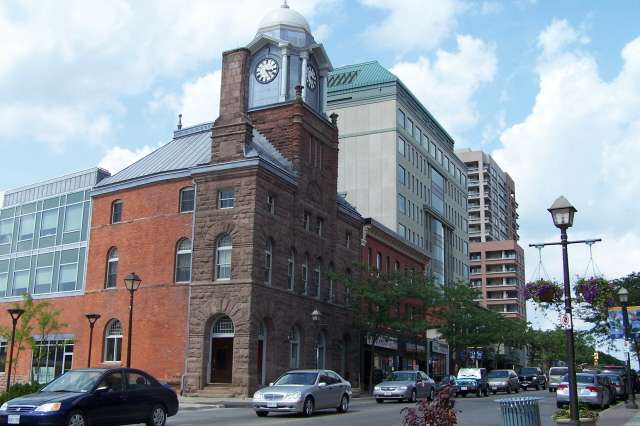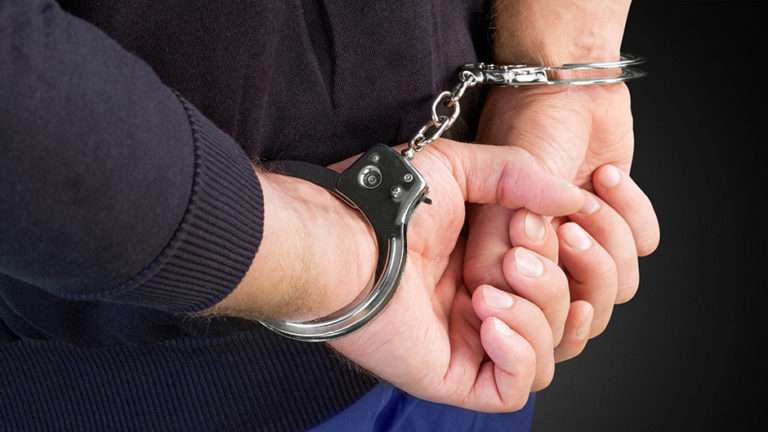Suspected Opioid Overdose – How To Respond: A Comprehensive Guide
We continue to hear about the ongoing opioid crisis in many of our communities across the country. For a security professional, not only is it important to be familiar with the term but also how to deal with an overdose. Specifically, let’s discuss what a security guard should know about opioid overdoses – how to recognize them, and what to do in that situation.
Disclaimer
None of the following should be considered medical advice – always consult a qualified medical professional when dealing with any medical situation.
What Opioids are and How Opioid Overdoses Happen
Any security professional needs to be aware of opioids and how dangerous an opioid OD can be. Opioids are powerful drugs which react with a person’s opioid receptors. Most often, they are used in the treatment of pain, in pill form. They can be highly addictive and easily abused, frequently through recreational use, as opposed to their designed medicinal intent. Some of the common names you may hear include:
- Oxycodone
- OxyContin
- Fentanyl
- Hydrocodone
- Vicodin
- Morphine
- Methadone
- Heroin
Sadly, there have been thousands of opioid-related deaths across Canada in the last several years. Overdoses happen when the body’s opioid system – its receptors – get overwhelmed by the drug. This is most likely to happen when a user takes a higher-than-normal dose, attempts to take the drug in a new way, or if the type of opioid is new to the body. There are also instances where the opioid being taken is laced with a more powerful drug, such as fentanyl.
What an Opioid Overdose Looks Like
While on shift or patrol, a security professional should be aware of the signs of a suspected opioid overdose. These include when an individual:
- Is unresponsive, or appears to be unconscious
- Is awake but appears to be struggling to breathe, or talk
- Has a blue-ish or grey pallor
- Is making gurgling or choking sounds
- Is vomiting
- Has gone limp, and their heartbeat appears to be slow or difficult to find
Fortunately, there is time to react to an overdose situation – death is typically not immediate or even imminent, although prompt action must be taken.
How a Security Guard can Respond to a Suspected Overdose
A primary response during a suspected opioid OD is to check that the individual is awake and to try to keep them that way. It should be noted, however, that a person can be either conscious or unconscious during an overdose. Obviously, your first call should be 9-1-1, so that prompt professional medical attention can be administered. During the waiting time, however, the priority should be to keep the subject as alert as possible. Typical strategies to ensure they stay conscious include conversation, such as asking them questions, and if possible, getting them up and moving around.
Should the individual appear to be asleep or snoring, it is imperative to attempt to wake them during an opioid overdose. The fact they are snoring specifically could be a sign of an OD. Waking them could well be a life-saving move on your part.
The 9-1-1 Call During a Suspected Opioid Overdose
A suspected OD requires prompt medical attention. This is why a 9-1-1 call should be made as quickly as possible during a suspected opioid overdose. You may be asked if you are witnessing an OD, and you should confirm this, but giving as much information as possible is very helpful. Specific details could include indicating if the individual is conscious or not, whether they are making any sounds or not, and the condition of their eyes, specifically the colour of their pupils. The more information you give, the better for both the victim and the first responders who will be dealing with the situation.
Using a Naloxone Kit for an Opioid OD

Naloxone is a medication which has been proven effective in successfully reversing the effects of opioid-related OD. It does this by blocking the effects of the opioids; a primary reaction is that it can restore breathing to the victim.
Naloxone kits are widely available for free in many communities, including pharmacies and community organizations. Security professionals should be aware of them, and consider having one on their person, if not already mandated to do so by their employer or client.
Their use is relatively simple – the long nozzle provided allows you to spray the naloxone into the individual’s nostril, using the plunger – that’s it. The person should be lying on their back during the process. NOTE: the use of a naloxone kit is no substitute for prompt medical attention; calling 9-1-1 should always be the primary step. The effect of opioids on the body can often outlast the dose of naloxone.
It’s also important to note that naloxone has no adverse effects on an individual not experiencing an opioid-related overdose. This makes them safe to use in any situation.
Naloxone is available free in the following provinces / Territories
- Alberta
- British Columbia
- Manitoba
- New Brunswick – Naloxone kits are available at pharmacies.
- Newfoundland and Labrador
- Northwest Territories
- Nova Scotia
- Nunavut
- Ontario
- Prince Edward Island
- Quebec
- Saskatchewan
- Yukon
Rescue Breathing During an Opioid Overdose
One of the primary risks associated with opioid OD is that the individual will have a hard time breathing, leading to a loss of oxygen in their system. This is a primary cause of death during an overdose.
Rescue breathing – in the form of cardiopulmonary resuscitation (CPR), or other related first aid techniques can often be very helpful, in stopping the onset of cardiac arrest. As a security professional, being trained to perform CPR and similar types of first aid is one of the most helpful and important skills you can bring to your job.
Concluding Thoughts and More Information
As you make your rounds and perform your duties, you should be aware of the opioid crisis, its potentially tragic effects, and what you can do during a suspected overdose. The effort and expertise you bring to a situation, as outlined here, can literally be a lifesaver to someone in need.
Again, none of the information provided here should be interpreted as medical advice – always seek professional medical attention – via the crucial 9-1-1 call – during any medical crisis, overdoses included.
Additional Information
Here is some useful additional info for you, so that you can be up to date on the opioid crisis and what you should be aware of as you perform your professional duties.
https://www.canada.ca/en/services/health/campaigns/drug-prevention.html
https://www.camh.ca/en/health-info/mental-illness-and-addiction-index/naloxone
Last Updated on Jul 5, 2024





